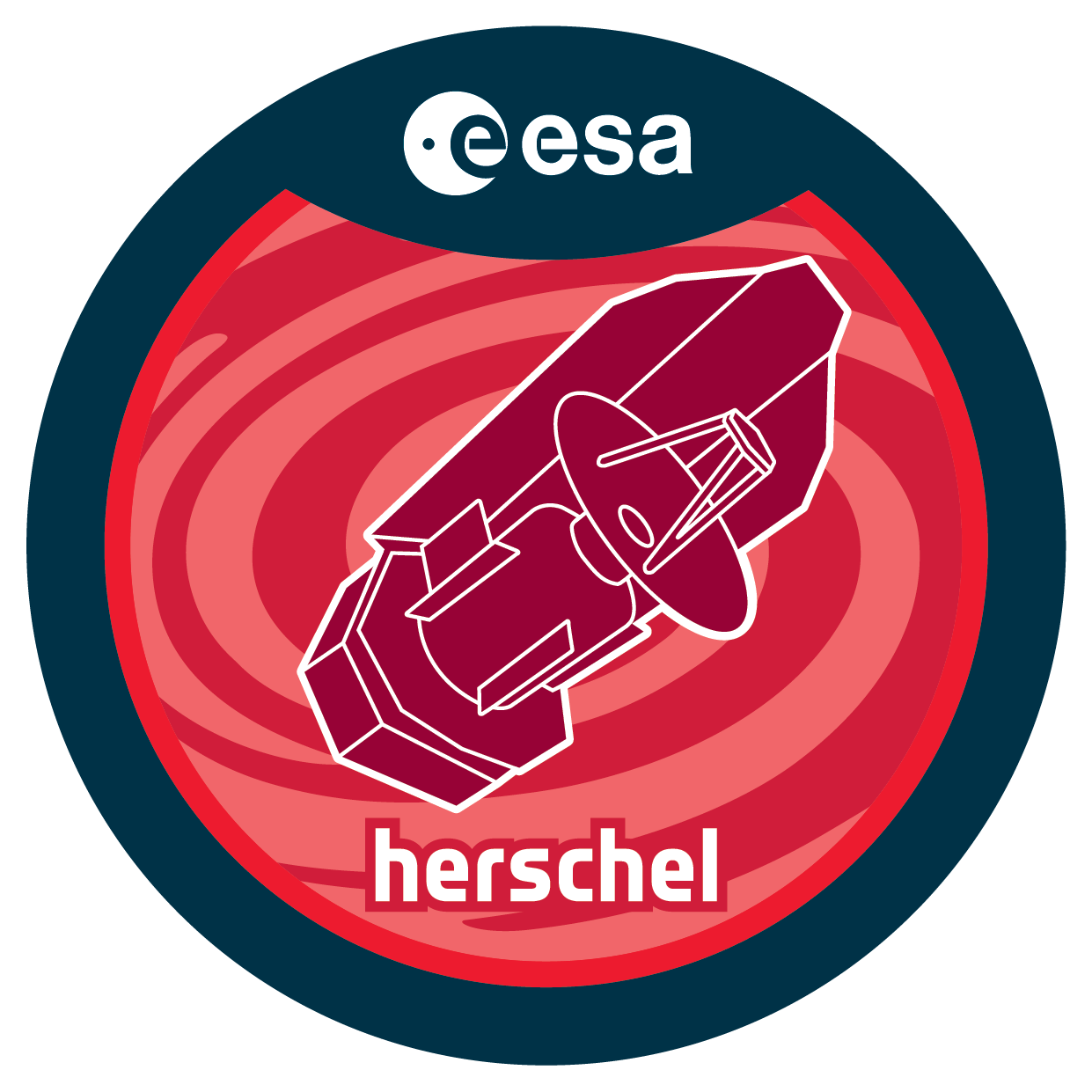

| Name | OT2_pogle01_2 |
| Title | Shocked molecular and atomic gas in the Spiderweb radio galaxy at z=2.156 |
| URL | http://archives.esac.esa.int/hsa/whsa-tap-server/data?retrieval_type=OBSERVATION&observation_id=1342248354&instrument_name=PACS&product_level=LEVEL0&compress=true |
| DOI | https://doi.org/10.5270/esa-duoqvx3 |
| Author | ogle, p. |
| Description | PACS spectroscopy of the Spiderweb radio galaxy (PKS 1138-26) at redshift z=2.156will be used to study jet-shocked molecular and atomic gas in a rapidly evolvingprotocluster central galaxy. This will lead to a better understanding of the impact of AGN feedback on the evolution of massive elliptical galaxies in general. We have detected extremely luminous (7E10 Lsun) H2 0-0 S(3) emission in a deep Spitzer IRS spectroscopic map. This is by far (a factor of 50) the most luminous known molecular hydrogen emission galaxy. We estimate that there must be >1E7 Msun of warm (T=650 K) molecular gas heated by dissipation of kinetic energy from the relativistic radio jet. PACS spectroscopy of the H2 0-0 S(0) line will enable us to measure the mass of warm H2 at lower temperature (T=100-500) K, which likely constitutes the bulk of the shocked molecular gas, possibly >1E11 solar masses. We have also detected ultraluminous PAH emission indicating a star formation rate of 1000 Msun/yr. PACS spectroscopy of the Si II 35 micron and O I 63 micron cooling lines will provide additional diagnostics of the shocked neutral medium, including distinguishing betweenmagnetic and nonmagnetic shocks, and assessing the kinematics of this importantISM component in a massive elliptical galaxy under construction. |
| Publication | |
| Instrument | PACS_PacsRangeSpec_point |
| Temporal Coverage | 2012-07-19T15:55:07Z/2012-07-20T06:40:16Z |
| Version | SPG v14.2.0 |
| Mission Description | Herschel was launched on 14 May 2009! It is the fourth cornerstone mission in the ESA science programme. With a 3.5 m Cassegrain telescope it is the largest space telescope ever launched. It is performing photometry and spectroscopy in approximately the 55-671 µm range, bridging the gap between earlier infrared space missions and groundbased facilities. |
| Creator Contact | https://support.cosmos.esa.int/h®erschel/ |
| Date Published | 2013-01-19T23:19:03Z |
| Last Update | 2025-01-24 |
| Keywords | Herschel, HSC, submillimetre, far-infrared, HIFI, PACS, SPIRE |
| Publisher And Registrant | European Space Agency |
| Credit Guidelines | European Space Agency, ogle et al., 2013, 'Shocked molecular and atomic gas in the Spiderweb radio galaxy at z=2.156', SPG v14.2.0, European Space Agency, https://doi.org/10.5270/esa-duoqvx3 |